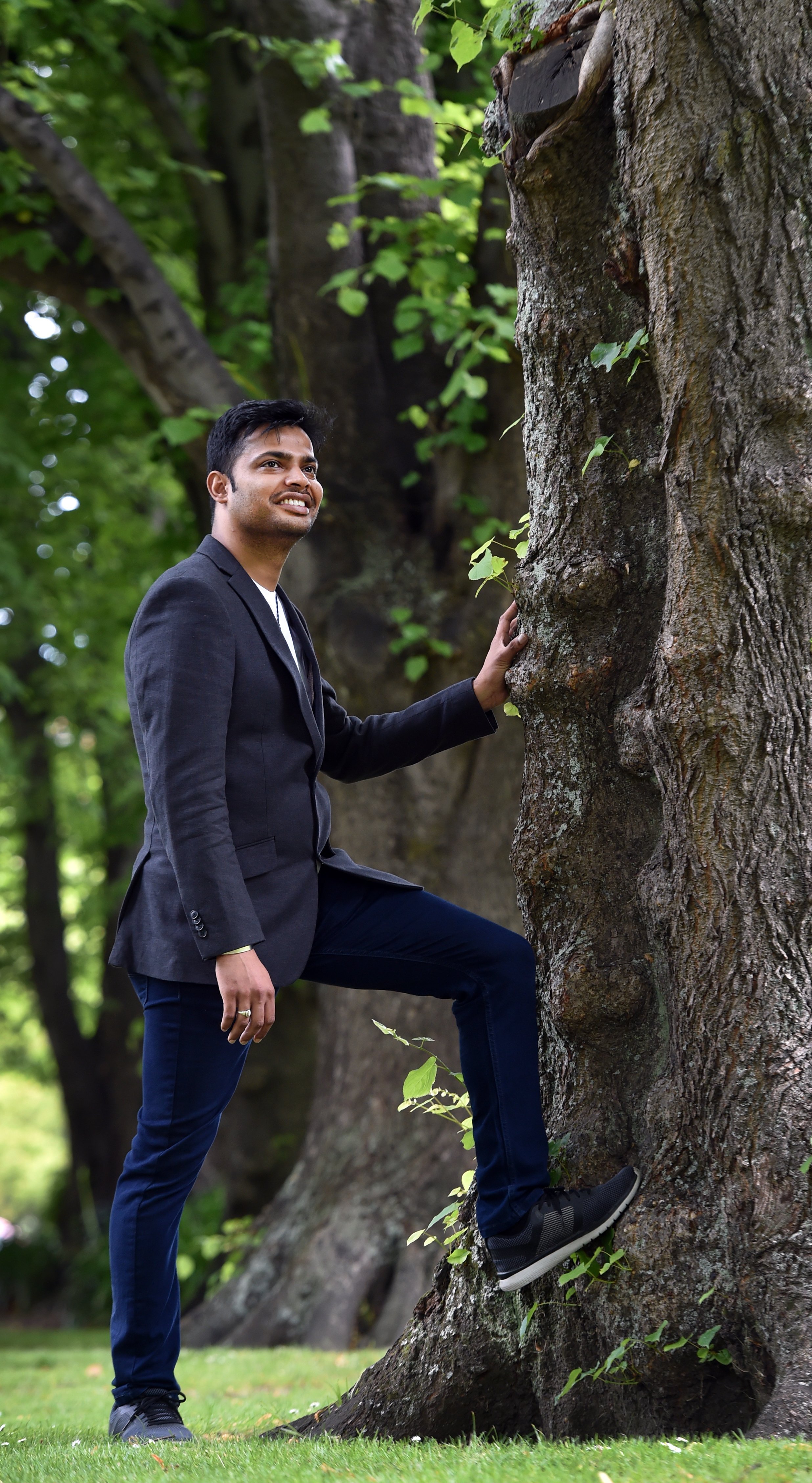
"I feel quite privileged to be able to make that journey," he said.
He was also grateful to the many people who had supported him over the years, enabling him to make a bigger contribution.
And he said he was "really thrilled and thankful" about his new role in supporting his fellow researchers, as a newly appointed associate dean research at the Otago Medical School.
Indian-born Dr Chatterjee is believed to be one of the youngest people to hold this post in the school’s history.
His other recent achievements include winning the Rutherford Discovery Fellowship in 2017,and a travelling role as an Education New Zealand (Ministry of Education) International Ambassador.
Dr Chatterjee has his own laboratory in the Otago pathology department, and in February becomes a research associate professor.
The first two years of his school education, starting at age 4, began in an outdoor classroom, and under a mango tree in a village in West Bengal, 200km north of Calcutta.
He loved his early education and "learned great life lessons".
Later, after completing his masters degree in biotechnology from the Vellore Institute of Technology, in southern India, he gained a government-funded scholarship to come to Otago, 11 years ago, and has since completed an Otago PhD.
He jumped into the emerging field of epigenetics and has thrived - "it really is the science for tomorrow", he said.
Epigenetics is the study of changes in organisms caused by modification of gene expression rather than alteration of the genetic code itself.
This new approach was helping find new biomarkers, allowing earlier diagnosis of cancer.
At Otago, after playing a leading role in generating some of the first epigenetic maps in human blood cells, and melanoma, he has expanded work in colorectal, lung and prostate cancers.
Not all his learning is under a tree these days, but being in Dunedin, "it feels home here", he said.












